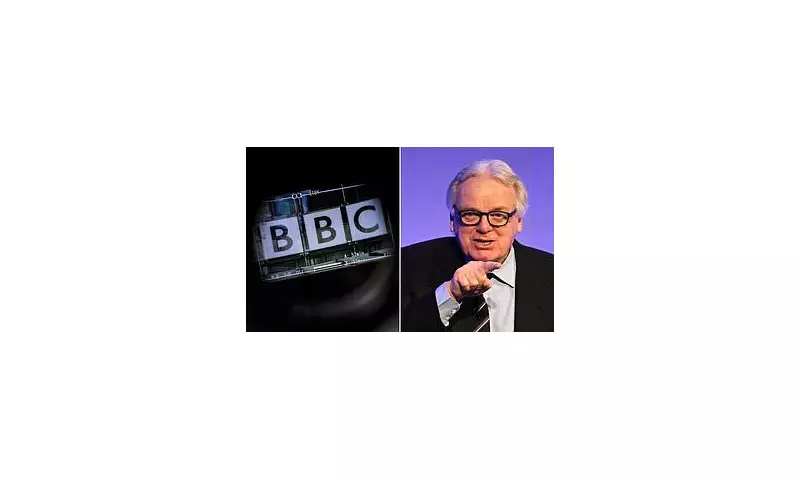
In a stunning intervention that has sent shockwaves through British broadcasting, Ofcom chairman Lord Michael Grade has launched a blistering attack on the BBC's political impartiality, accusing the corporation of failing to understand how parliamentary democracy operates.
'Massive Inbuilt Left-Wing Bias' Exposed
The veteran broadcaster and former BBC chairman didn't mince words during his landmark speech at the Royal Television Society, claiming the BBC suffers from a "massive inbuilt left-wing bias" that permeates its news coverage and current affairs programming.
"The BBC doesn't understand the constitution," Lord Grade declared. "They don't understand how parliament works, they don't understand how government works."
Constitutional Ignorance Alleged
Lord Grade's comments represent one of the most significant criticisms ever levelled at the BBC by a serving media regulator. He suggested that the broadcaster's journalists lack fundamental knowledge about Britain's political systems and constitutional arrangements.
"They think it's all about prime minister's questions and that's it," he stated, highlighting what he perceives as a superficial understanding of parliamentary processes.
Brexit Coverage Under Scrutiny
The Ofcom chairman specifically referenced the BBC's coverage of Brexit as an example where impartiality standards had been compromised. His remarks come amid ongoing debates about whether the broadcaster adequately represented both sides of the historic referendum debate and its aftermath.
Lord Grade emphasised that his concerns weren't about "party political bias" but rather a deeper, systemic issue affecting how the BBC approaches political reporting.
Regulatory Responsibilities Acknowledged
Despite his strong criticisms, Lord Grade was careful to note that Ofcom's regulatory role prevents him from "intervening" directly in the BBC's editorial decisions. However, his comments will undoubtedly increase pressure on the corporation to address perceived biases in its political coverage.
The speech has ignited fresh debate about the BBC's role as a public service broadcaster and its obligation to maintain strict impartiality, particularly during election periods and major political events.
Industry Reaction and Implications
Media analysts suggest Lord Grade's intervention could have significant consequences for the BBC's relationship with its regulator and the government. The timing is particularly sensitive as the corporation prepares for upcoming charter renewal discussions.
BBC representatives have yet to respond formally to the criticisms, but insiders indicate the comments have been received with concern at the highest levels of the organisation.
This extraordinary public critique from Britain's top broadcasting regulator marks a new chapter in the ongoing debate about media impartiality and the BBC's place in the nation's political landscape.





